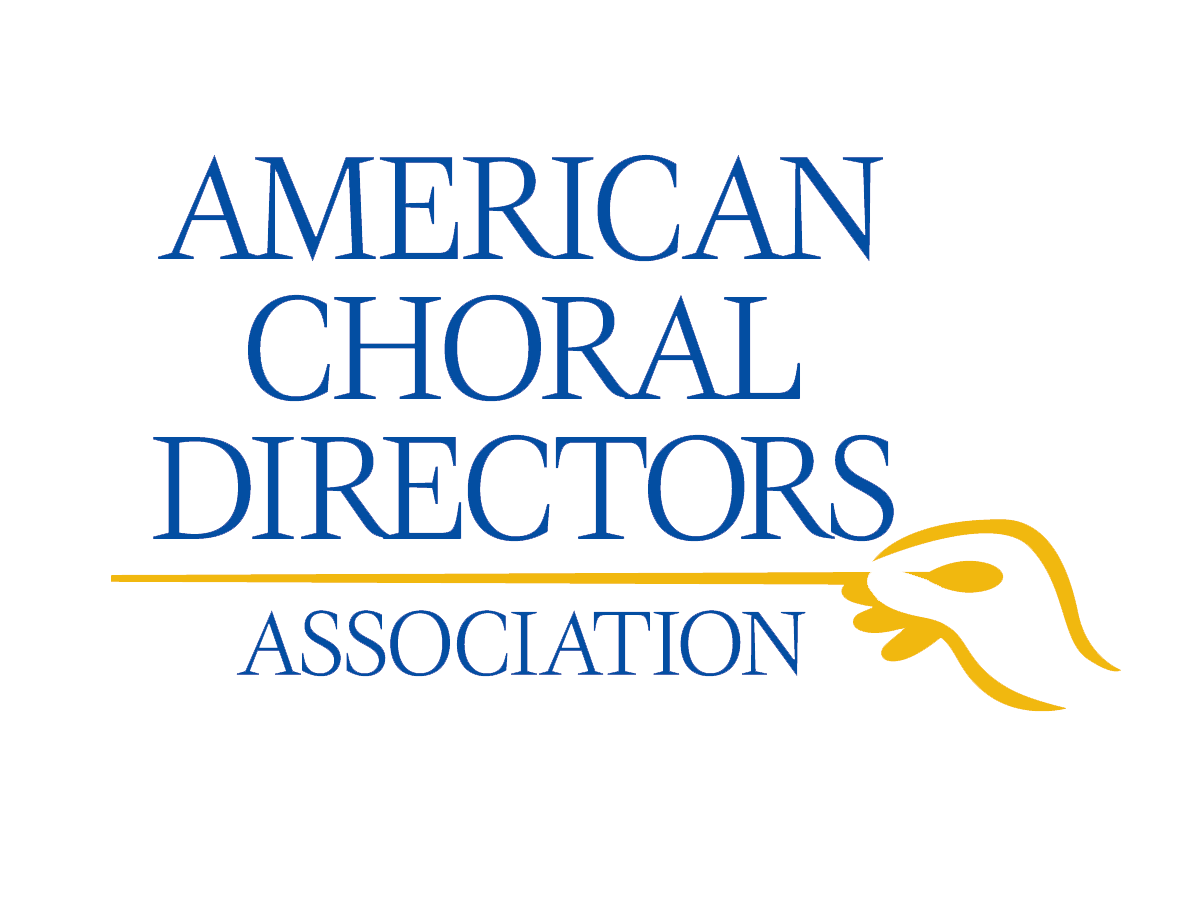The purpose of this study was to examine perceptions of participation in Eric Whitacre’s virtual choirs among mostly amateur singers (N = 312) from 31 countries and answer four research
questions: (a) What did participants gain from their participation? (b) What did they learn about
their voices and themselves as performers? (c) What were their perceptions of the similarities and
differences between in-person choirs and virtual choirs? and (d) How did virtual choir participation influence their current and future choral music participation? Data were collected via a researcher-designed, anonymous online survey. Results indicate that respondents gained a sense of personal satisfaction and global connection. The virtual choir afforded opportunities for those who were unable to participate in in-person choirs due to geographic isolation, schedule conflicts, personal disability, and audition barriers. For many, viewing their performance on video was a new experience and resulted in mostly negative critiques of their own voices. Respondents identified the lack of musical and social interaction between themselves, the conductor, and fellow singers as well as an absence of the embodied experience of being a part of the ensemble. In general, virtual choir participation seemed to encourage future choral singing participation. A discussion of access, assessment, connection, and post-production in virtual choirs as well as recommendations for integrating in-person and virtual music-making to enhance choral participation are provided.


